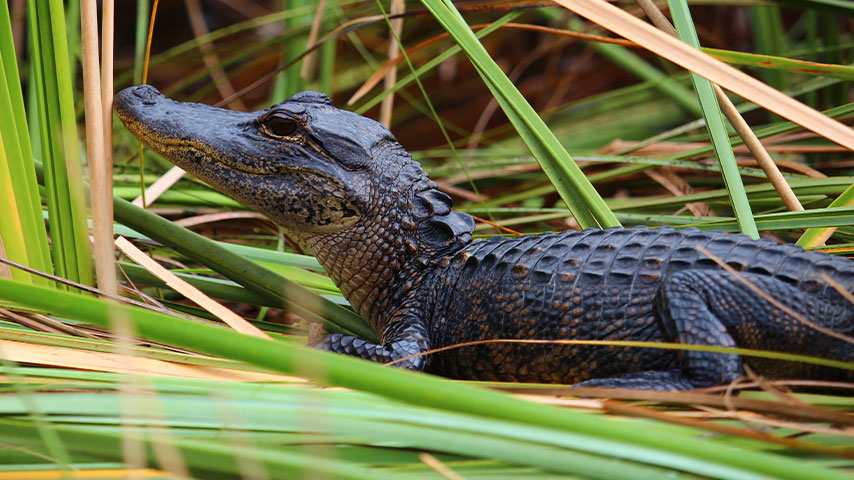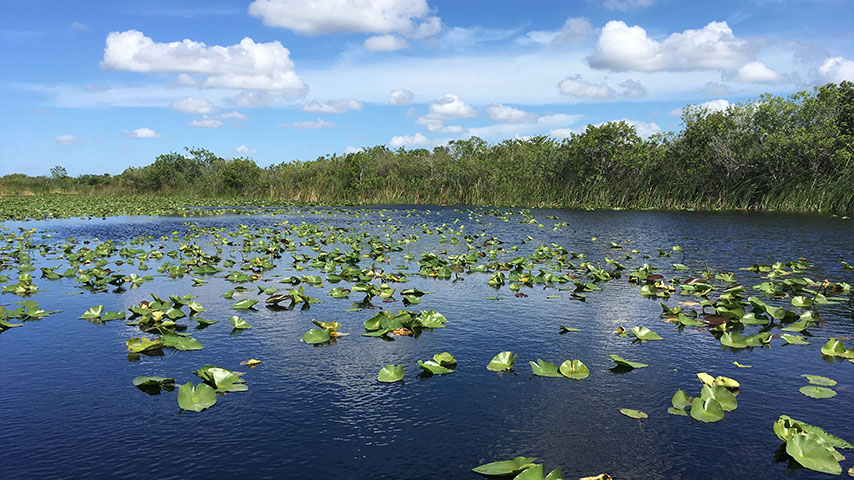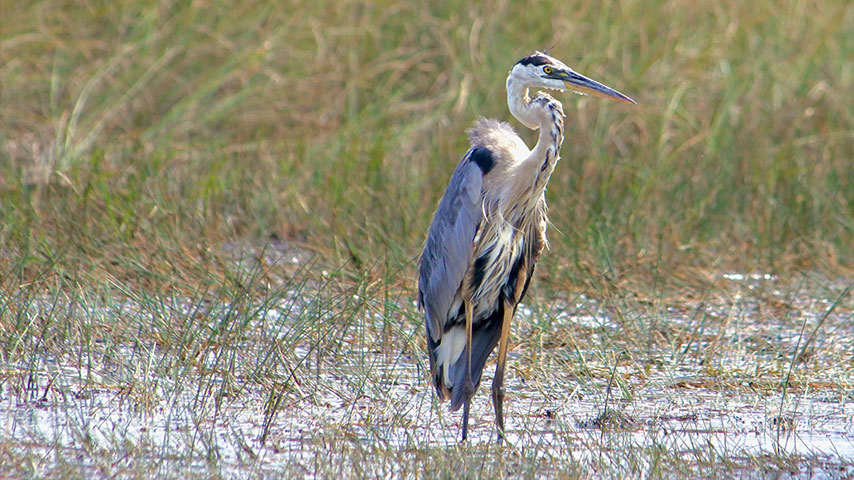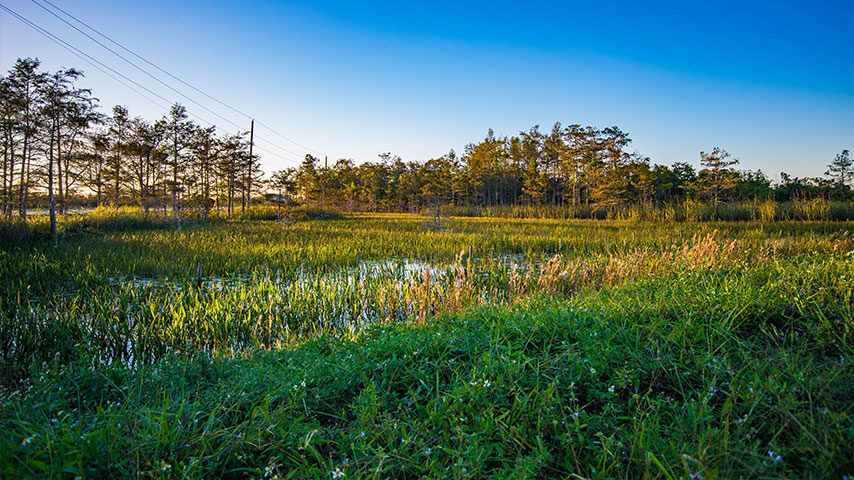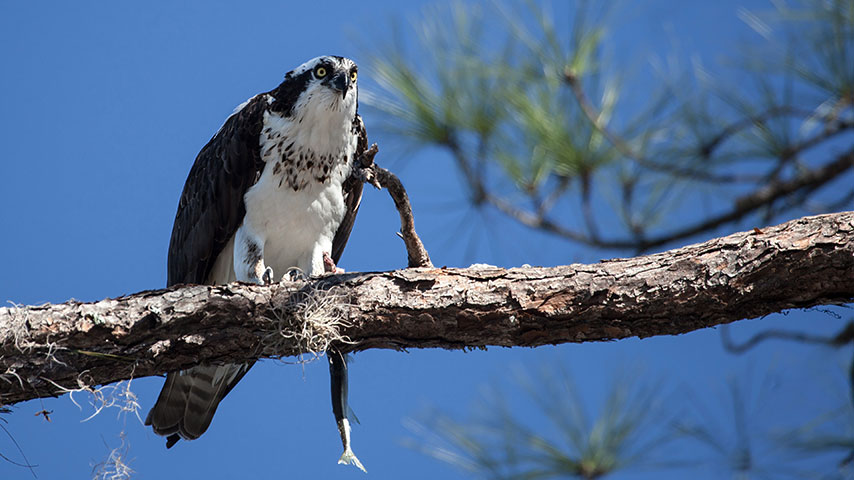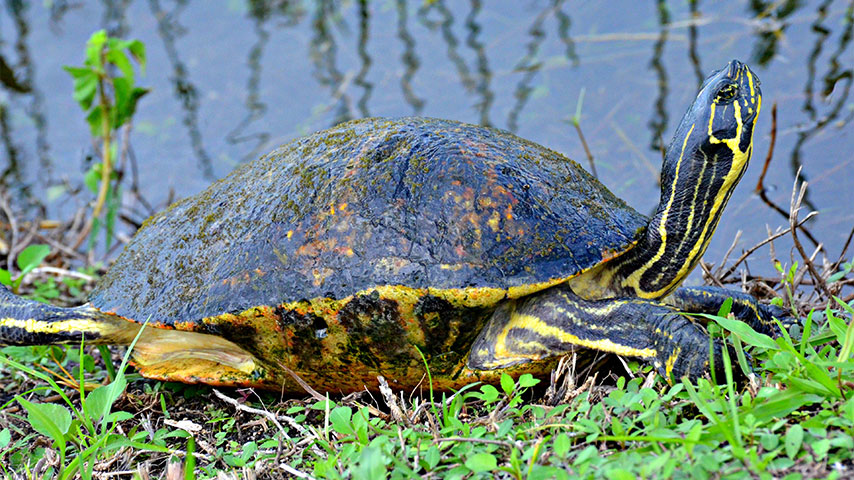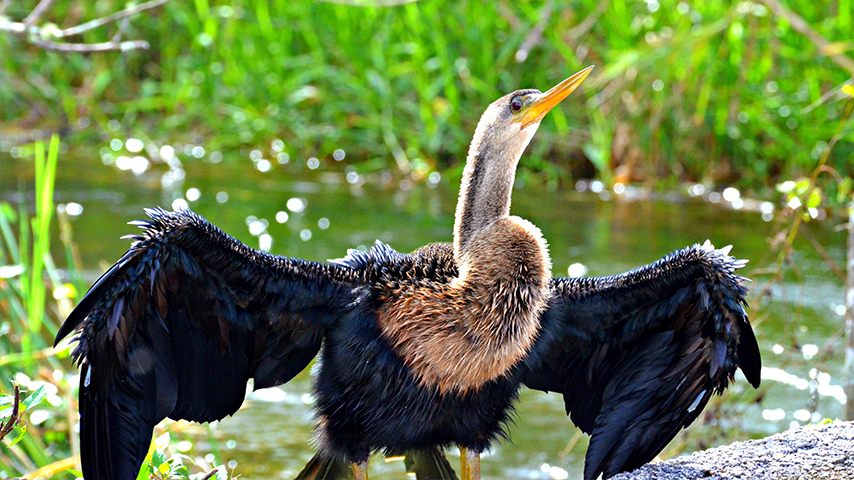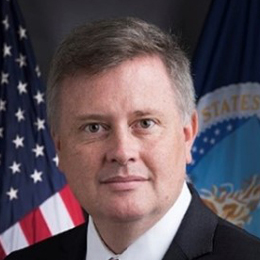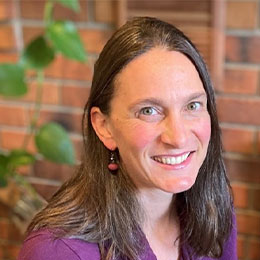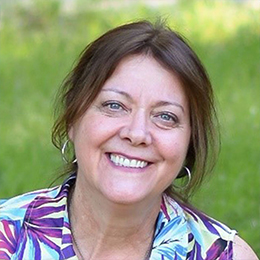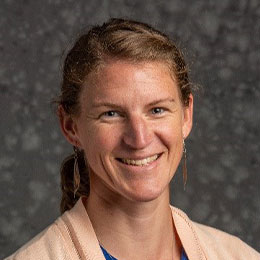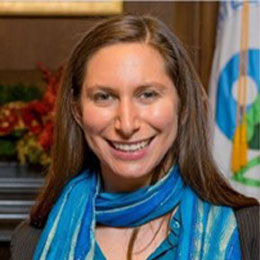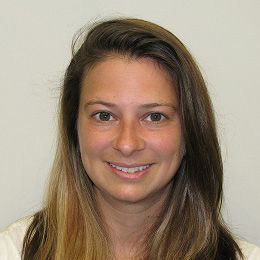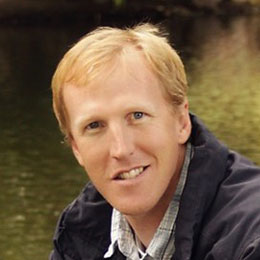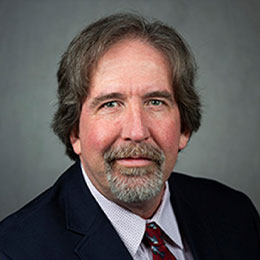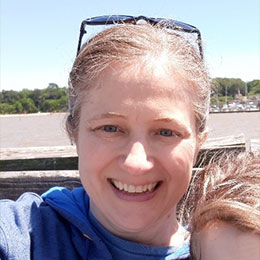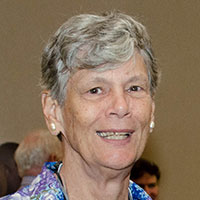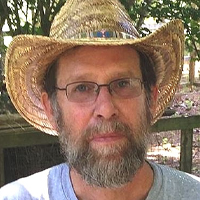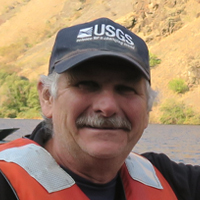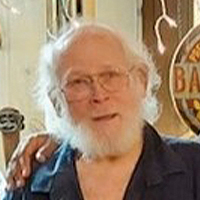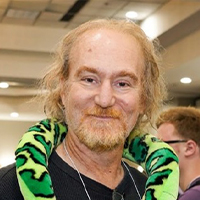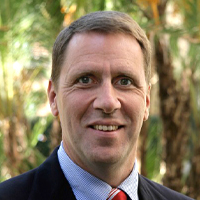Opening Plenary
Featured Speakers
Tuesday, April 22, 2025
8:30am – 10:00am
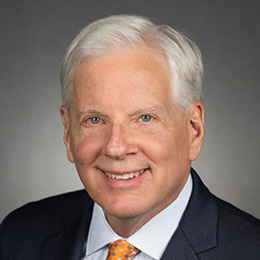
J. Scott Angle
Opening Remarks
Senior Vice President of Agriculture and Natural Resources
University of Florida
Gainesville, FL
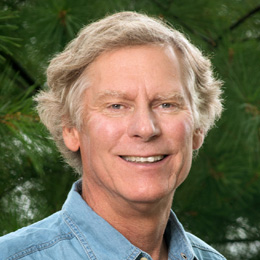
"Climate Change 2025: Challenge and Opportunity"
Jonathan T. Overpeck
Keynote Speaker
Samuel A. Graham Dean and William B. Stapp Collegiate Professor of Environmental Education
University of Michigan, School for Environment and Sustainability
Ann Arbor, MI
Dr. Jonathan Overpeck (“Peck”) is the Samuel A. Graham Dean of the School for Environment and Sustainability (SEAS) at the University of Michigan. He has served as dean of SEAS since 2017 and is the William B. Stapp Collegiate Professor of Environmental Education, as well as a Professor of Earth and Environmental Science, and a Professor of Climate and Space Science Engineering.
An interdisciplinary climate scientist, Overpeck is an expert on climate change, climate-vegetation interactions, earth history, environmental science and sustainability. He has authored or co-authored over 230 publications that have been cited over 60,000 times. Overpeck advocates both scholarly and real-world impact, particularly the need for public higher education to emphasize both. His time has been invested heavily in university, city and state efforts to help create a 21st-century economy that is robust, free of climate change, sustainable and just, and continues to push hard for innovative ways that universities and their partners can accelerate an end to the climate and other environmental crises that plague our planet.
Overpeck has worked with many students and collaborators whose research has spanned continents and a wide range of environmental topics and collaborations. His most significant contributions have been in the areas of climate-biosphere interactions, climate variability and abrupt climate change, monsoon dynamics, drought and hydroclimate, sea level rise, interdisciplinary climate assessment, climate and law, as well as climate engagement and adaptation. Of particular note are his contributions to a study that defined the now widely used term “megadrought” for the first time. He and his colleagues also highlighted the increasing role of temperature in driving more severe drought and the expanding “aridification” of North America which contributed to a growing realization that many regions of the globe are also experiencing ongoing aridification as the planet warms in response to human emissions of greenhouse gases.
Overpeck’s climate-biosphere work spans his entire career. He was a pioneer in the study of abrupt earth system change, particularly in the study of abrupt changes or “tipping points” that have occurred, or could occur, in warm interglacial and future climates. He was a member of the first National Academy of Sciences study of abrupt change, and also co-led the first comprehensive investigation of the annually-laminated sediments of Cariaco Basin north of Venezuela, an effort that provided key constraints on abrupt glacial and deglacial change in the North Atlantic, the calendar-year calibration of radiocarbon ages, and climate variability over a wide range of time scales.
Overpeck was the founding director of the NOAA Paleoclimate Program and of the World Data Center for Paleoclimatology. He has served on many national and international scientific and advisory committees and boards in addition to briefing and testifying before Congress multiple times. Over the past 20 years, Overpeck’s work has increasingly focused on use-inspired research and assessments in collaboration with a wide variety of stakeholders in society. On the international level, he has been heavily involved in multiple assessments of the Intergovernmental Panel on Climate Change. He has also participated in multiple national and regional-scale climate assessments and led/co-led two major long-term research and engagement projects aimed at bridging the natural sciences with the social sciences and providing resource managers and other stakeholders with the information needed for better science-based decision-making, including in the area of climate change adaptation. He has been part of multiple efforts aimed at improving understanding of climate science in society and in legal decision-making. In 2024, he was elected to the U.S. National Academy of Sciences.
